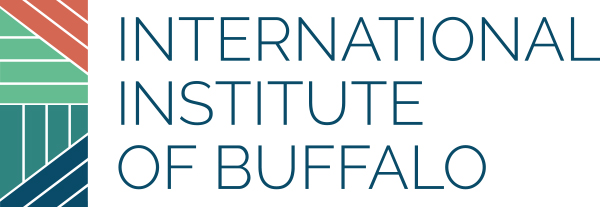
In honor of Arab American Heritage Month, we continue to recognize the economic, cultural, political, and social contributions of notable immigrants and refugees who’ve helped shape America’s vibrant tapestry. Today, we highlight Dr. Mona Hanna-Attisha, an Iraqi American professor, pediatrician, and public health advocate whose groundbreaking research helped expose the Flint water crisis.
Mona Hanna-Attisha was born in Sheffield, England, in 1976. Her parents, both scientists, fled Iraq during the Baathist regime. When her father pursued a postdoctoral degree in Michigan, the family moved to the United States and became naturalized citizens in 1980.
Shortly after arriving in the U.S., Hanna-Attisha was in a serious car accident. She vividly remembers a female doctor with dark skin comforting her—an experience that inspired her to pursue a career in medicine even at a young age.
She earned a Bachelor of Science and a Master of Public Health from the University of Michigan, followed by a medical degree from Michigan State University. After completing her residency at Wayne State University/Children’s Hospital of Michigan, she served as Associate Pediatric Program Director in 2009.
In 2013, Dr. Hanna-Attisha was appointed to the Public Health Code Advisory Committee, where she contributed to reviewing and updating the Michigan Public Health Code. In 2015, she was honored with the William B. Weil, Jr., MD Endowed Distinguished Pediatric Faculty Award from Michigan State University, recognizing her outstanding service to children in the state.
Later that same year, a friend— a certified water operator in Flint, Michigan—alerted her to a growing water crisis that officials failed to acknowledge. Motivated by this tip, Hanna-Attisha began analyzing electronic medical records, launching a study to determine if Flint’s water supply was contaminating children with lead.
Her findings were alarming: the percentage of children with elevated blood lead levels nearly doubled, rising from 2.4% in 2013 to 4.9% in 2015. The increase was even more pronounced in areas with the most contaminated water.
Initially, officials met her research with hostility. A spokesperson for the Michigan Department of Environmental Quality dismissed her as an “unfortunate researcher” and accused her of inciting hysteria. However, after the Detroit Free Press and other media outlets corroborated her findings, the state reversed course, issued public apologies, and began taking action. Thanks mainly to her advocacy, Flint received $100 million in federal funding and approximately $250 million from the state to help remedy the crisis.
In recognition of her contributions, Dr. Hanna-Attisha received the Vilcek-Gold Award for Humanism in Healthcare, an honor awarded to a foreign-born individual in the United States who has made an extraordinary impact in the field. Today, she serves as the founding director of the Pediatric Public Health Initiative.
Others we are celebrating in honor of Arab American Heritage Month History Month:
2025
Kahlil Gibran, Famed writer, poet, and philosopher
Farouk El-Baz, NASA’s Apollo Program Scientist
Dr. Huda Zogbi, geneticist who significantly advanced the understanding of neurodevelopmental and neurodegenerative diseases.
Ameen Rihani, we highlight Lebanese American writer and activist Ameen Rihani
